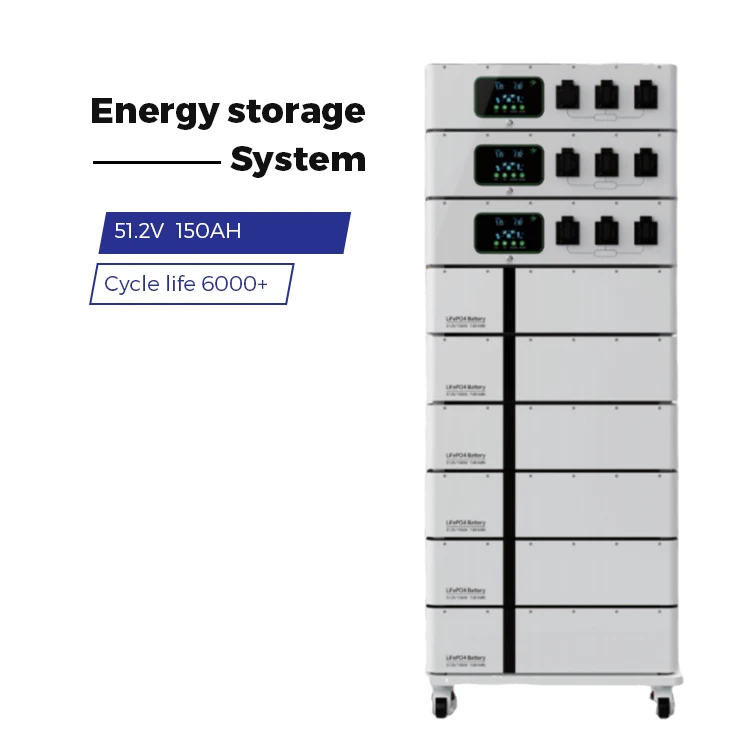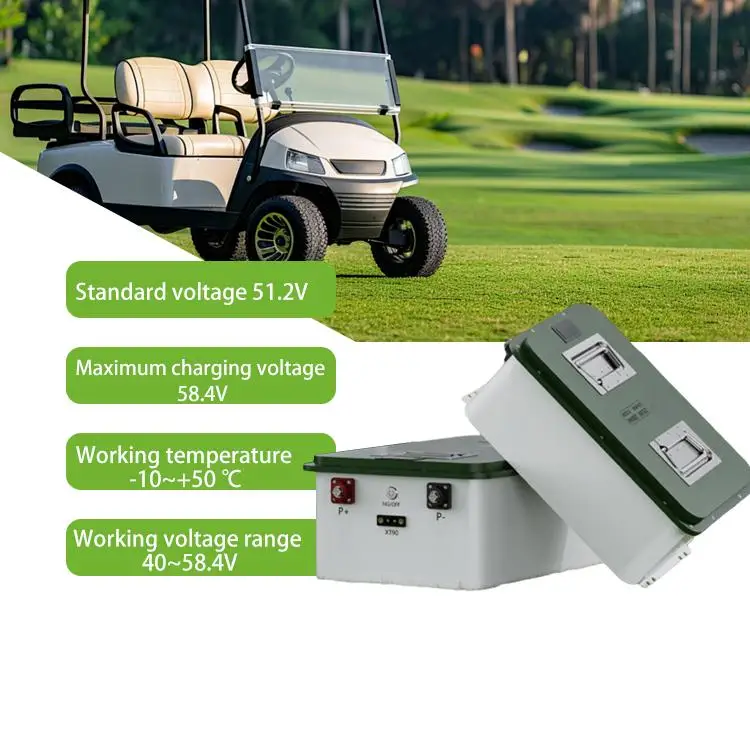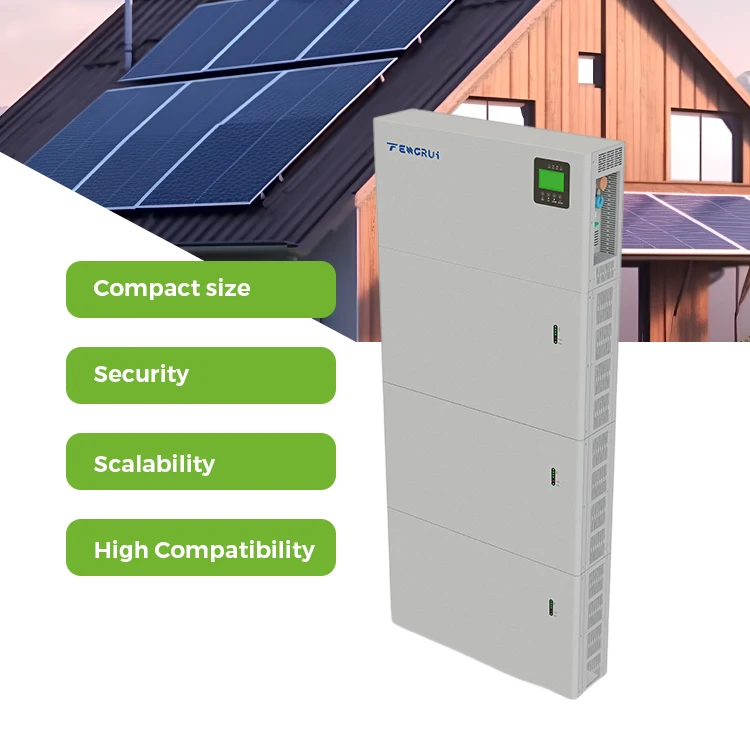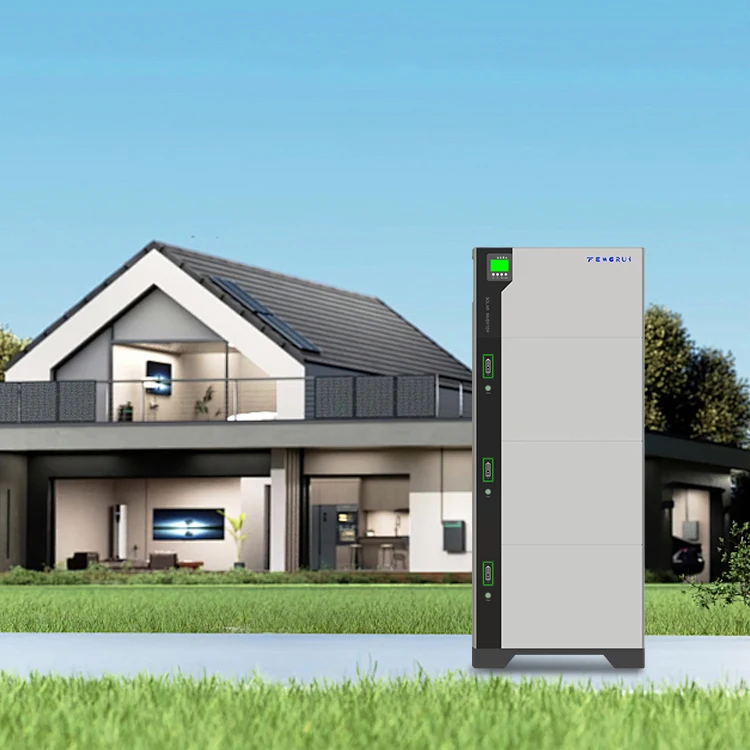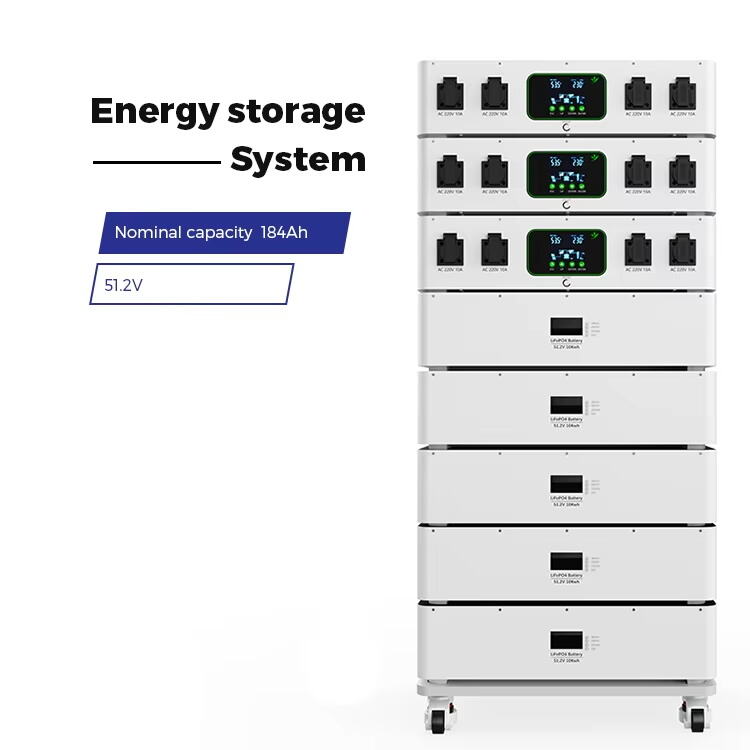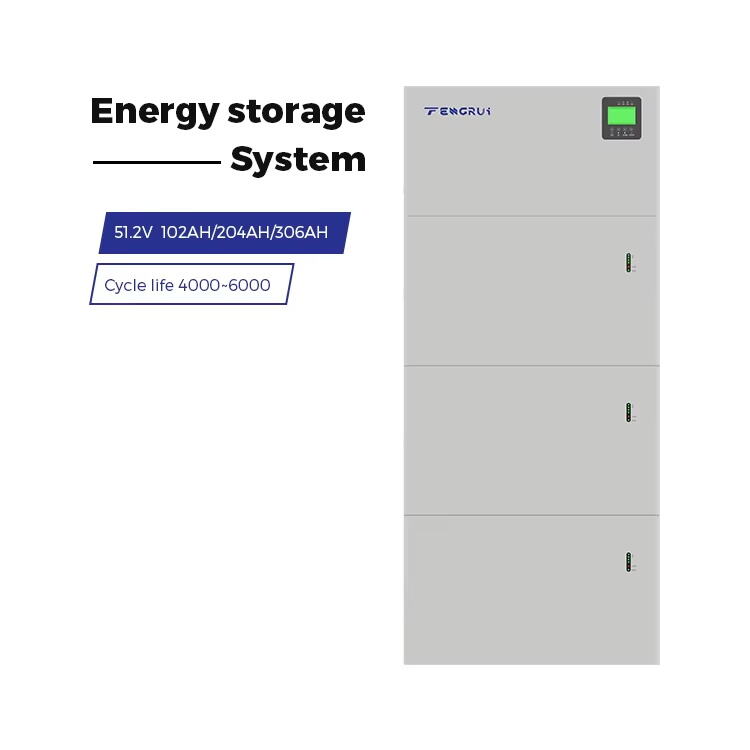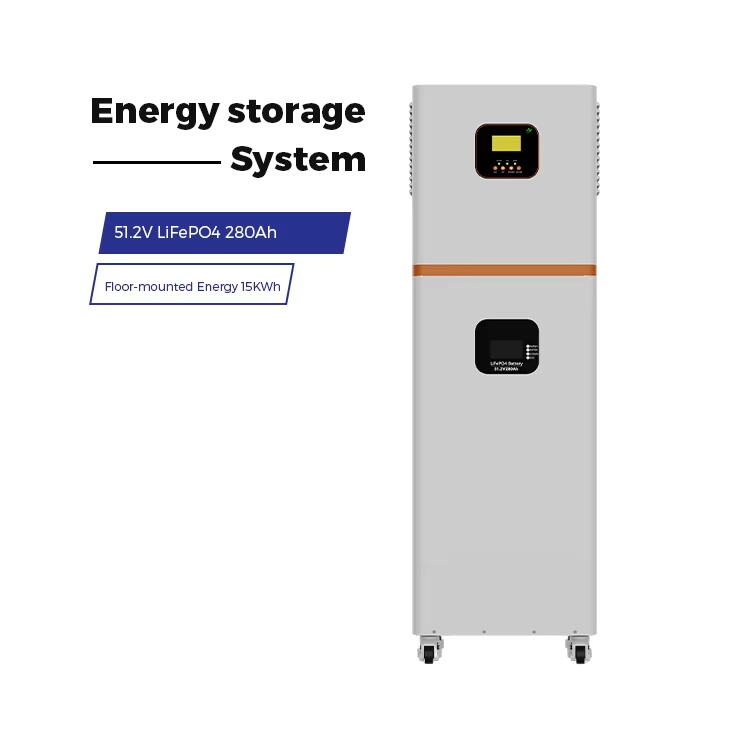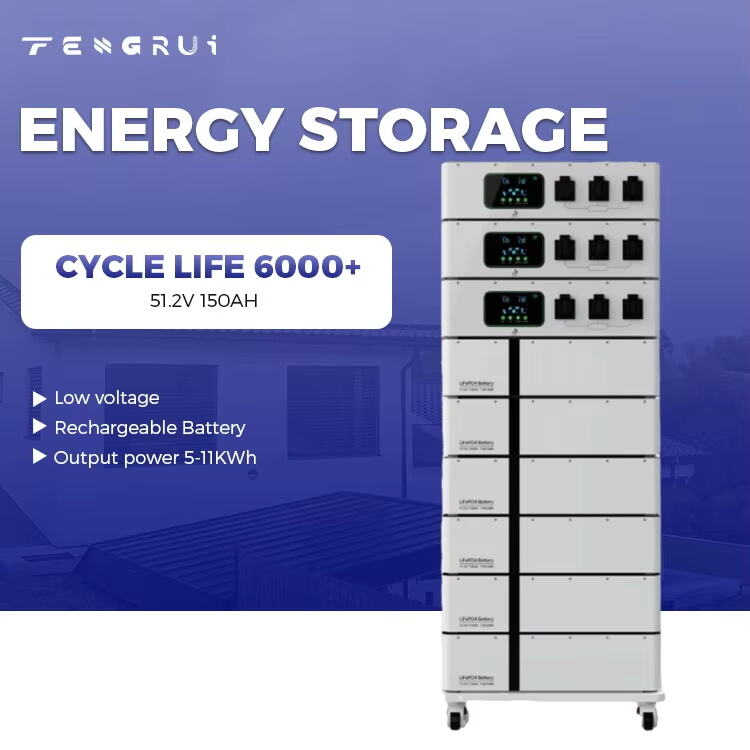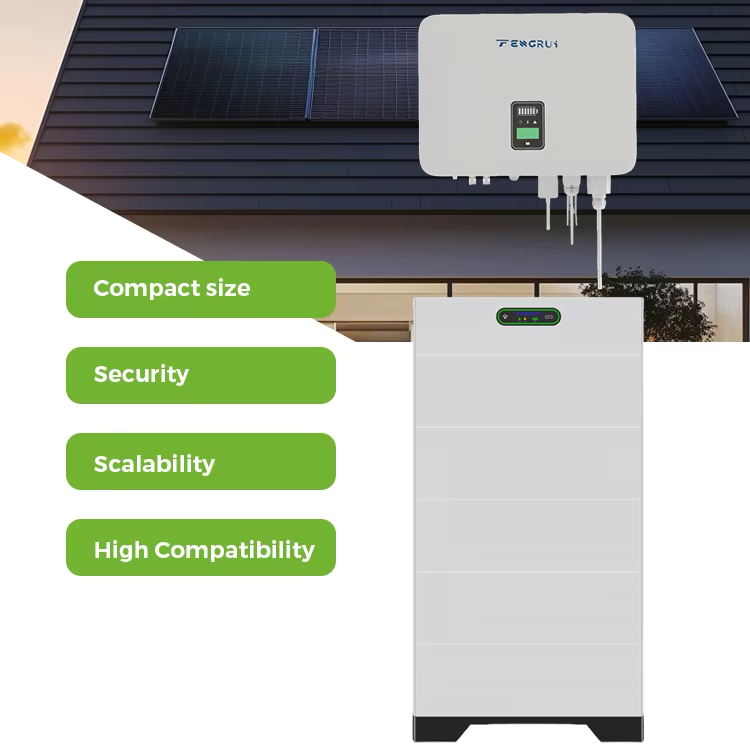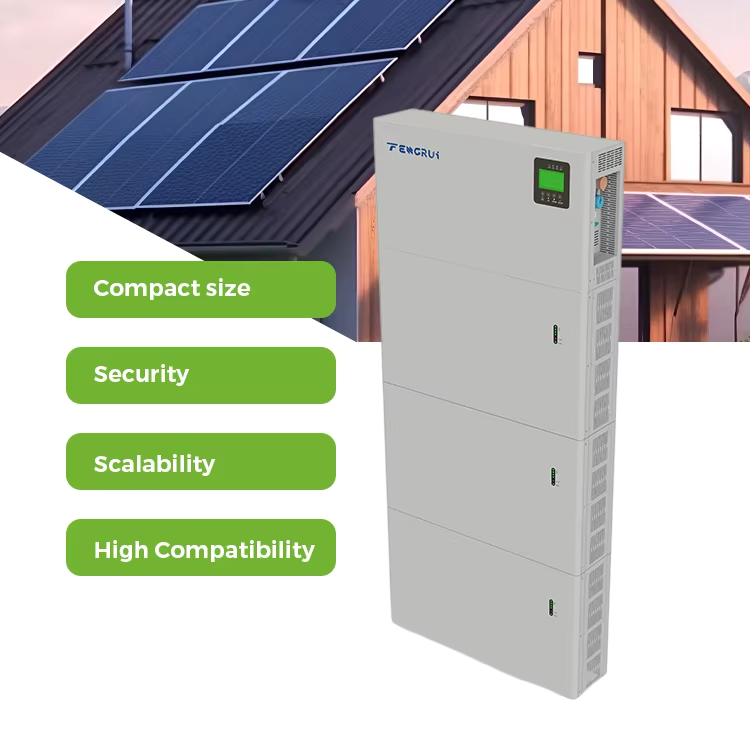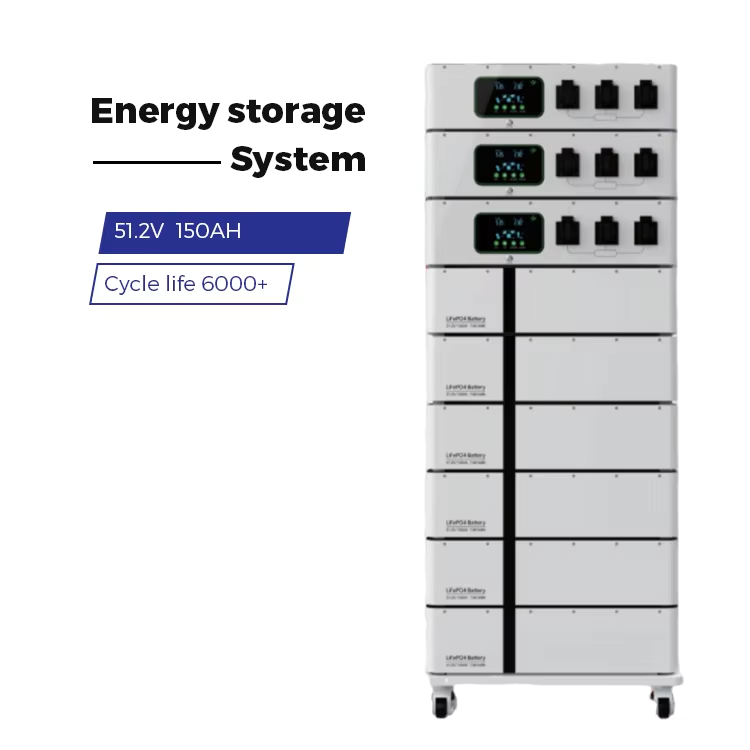solar electricity battery storage
Solar electricity battery storage systems represent a revolutionary advancement in renewable energy technology, serving as a crucial link between solar power generation and consistent energy availability. These systems capture excess electricity produced by solar panels during peak sunlight hours and store it for use during nighttime or cloudy periods. The technology employs advanced lithium-ion batteries, similar to those used in electric vehicles, but optimized for stationary energy storage. These systems typically consist of the battery unit, an inverter, and sophisticated energy management software that monitors and controls energy flow. Modern solar battery storage solutions can achieve round-trip efficiency ratings of up to 90%, meaning minimal energy loss during the storage and retrieval process. The systems come in various capacities, ranging from small residential units storing 5-10 kWh to large commercial installations capable of storing hundreds of kilowatt-hours. They integrate seamlessly with existing solar panel setups and can be monitored and controlled through smartphone apps, allowing users to track their energy usage and storage in real-time. The technology also incorporates safety features such as thermal management systems and emergency shutdown capabilities, ensuring reliable and secure operation.

